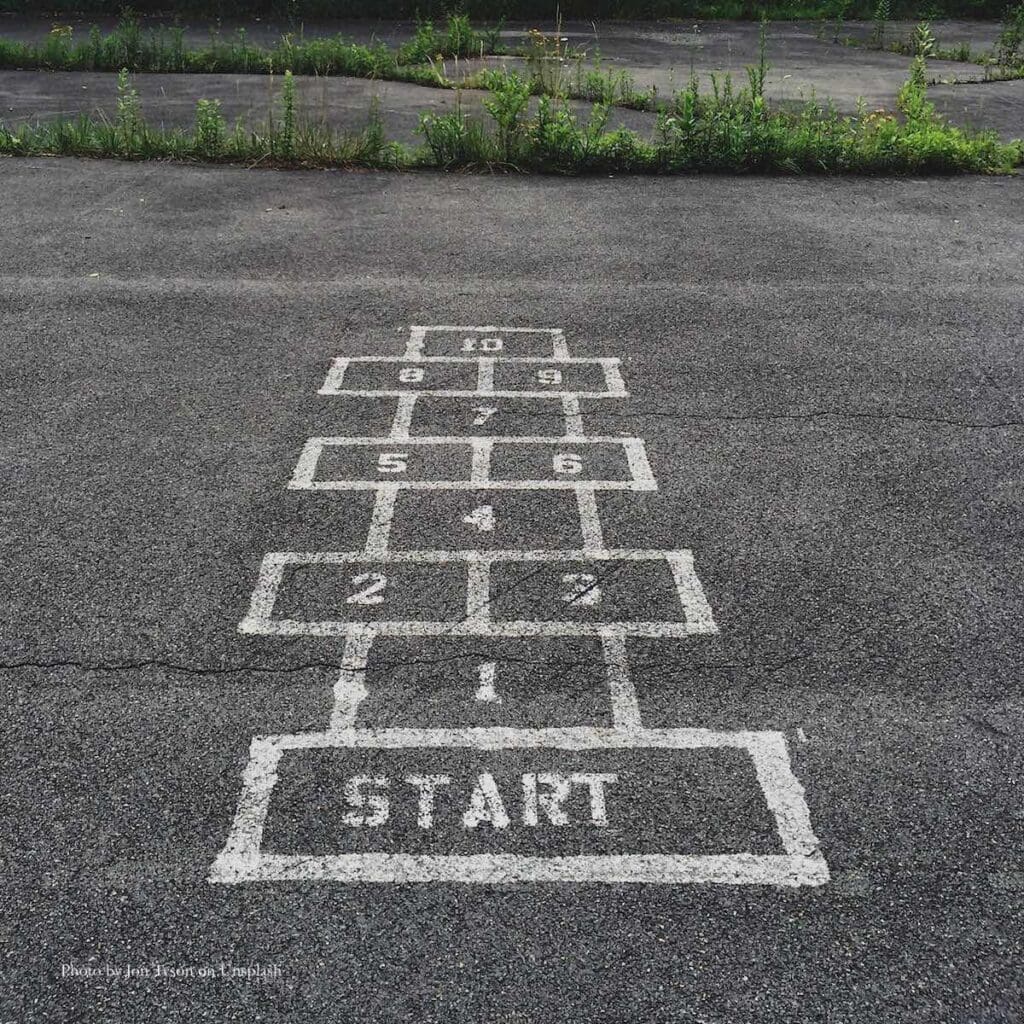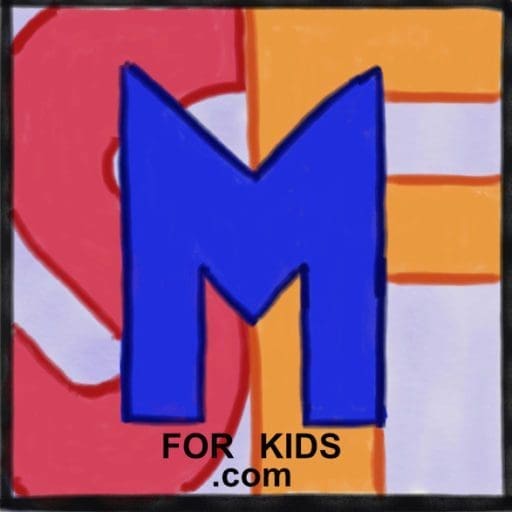
Are you a classroom teacher of any grade K-12 looking to get your school year off to a great start? Here are some of my favorite free instructional resources for math for the first week of school.
Math Activities, Games, and Lesson Plans
Week of Inspirational Math from YouCubed has five daily one hour math lesson plans for kindergarten all the way through community college. These are highly engaging and fun activities designed to build a mathematical mindset and to encourage students to keep going “even when work is hard and they make mistakes.” Each activity has a complete PDF lesson plan including links to background information, student videos when needed, and printables of any necessary handouts.
I wrote this post Things Kids Hate to Hear in Math Class based on information kids who I personally used this with gave me during the Week of Inspirational Math Day 1 activity.
Math=Love has 21 Ideas For the First Week of School that are appropriate for 4th grade up through high school. There are FABULOUS ideas in this post. Most of her activities are designed for small groups to learn to work cooperatively to problem solve. I was very impressed with the level of mathematical thinking required for these games while students are learning collaboration skills and having a lot of fun. They come from Cohen’s Designing Group Work, Kagan’s Cooperative Learning, Stanford, etc.
Another great activity to introduce math group work for upper elementary through high school is 100 Numbers To Get Students Talking. Sara Van Der Perf says her goal is to have every student talking about math every day, and she uses this activity every year on the third day of school with great success.
Introduce Manipulatives
Often teachers think of manipulatives as just being for very young students or students who need extra support/intervention. However I have learned that all students even in middle school and high school benefit from using them, and there are many manipulatives of specific use in upper grades such as AngLegs and DigiBlocks. I can’t tell you how many middle school students I tutor have told me “I wish my teacher would let us use these. It helps so much!” Even my most highly gifted and talented students enjoy using manipulatives and are able to make many mathematical discoveries for themselves, such as when a second grader figured out the formula for volume while building with centimeter cubes.
Take the time during the first weeks of school to introduce manipulatives, teach how they are used, and let students explore them. Then let them use the manipulatives throughout the year. We not only use them as part of lessons, but freely using manipulatives is a favorite free time, early finisher and indoor recess activity that I have seen lead to great learning! See my Manipulatives section for suggested manipulatives and how to use them.
Interest Inventories
Another important thing to do during the first week is to get a sense of your students’ attitudes about math. If the group is small enough I like to talk to each child individually. I ask them how they would rate math on a scale of 1 to 100, what they like about math, what they don’t like, what they are good at in math, what they need help in, how they like to learn (games, computer, worksheets, art, etc.) This is also when I encourage them that I have never met a child yet I couldn’t get to like math! I try to find an interest of theirs and show them how it connects to math.
My blog post What Is Most Important in Math? talks more about this process and why addressing the child’s MINDSET about math is so important. Building On Strengths in Teaching Math talks about using information in planning how to meet a child’s needs, particularly in an intervention setting.
If you can’t meet with each child, there are printable surveys you can have them fill out. I recommended Math Coach’s Corner’s Math Attitude Survey. It is suitable for any grade (starting at kindergarten if administered as an interview). Here are a few other free options:
Math interest inventory for 1st-3rd grade by TTT Teach.
Free interest inventories for 3rd-6th grade by The Science Penguin. Separate printable pages for math, science, reading, and history.
Prefer a SMART Response file? Try this one for 2nd-7th grade
Start Interactive Math Notebooks or Math Journals
Math Idea Galaxy offers a free Math Interactive Notebook mini course via email (geared toward middle school but would also be helpful for upper elementary)
Create Teach Share has a free Math Notebook Starter Kit for elementary school teachers.
Teach young children? Here’s a great article on Getting Started With Math Journals for grades K-2 from Tunstall’s Teaching Tidbits.
Launching Guided Math
The more I teach math the more I realize the importance of a small group setting for much of the instruction. Interested in launching guided math? Here are some resources to help you design and implement a successful program.
